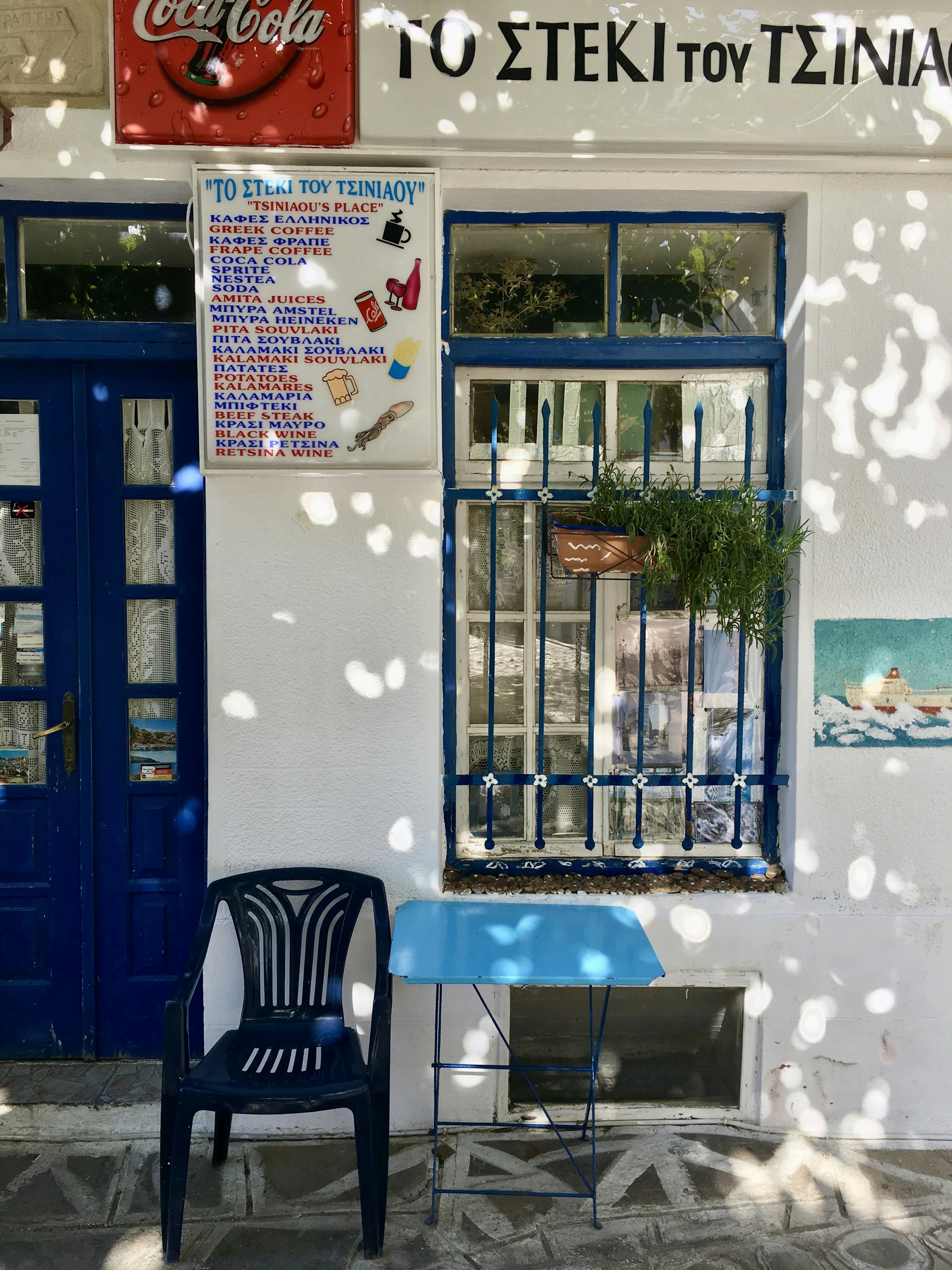Ikaria Travel Guide: History, Customs, Festivals, Traditions
Explore Ikaria's rich history, customs, festivals, and traditions in our comprehensive travel guide. Discover the essence of Ikaria.

Ikaria Travel Guide: History, Customs, Festivals, Traditions
Introduction to Ikaria
Nestled in the Aegean Sea, Ikaria is a Greek island renowned for not just its stunning landscapes and beautiful beaches, but also its rich history, vibrant customs, and unique traditions. Named after Icarus, the mythical figure who flew too close to the sun, Ikaria offers visitors a glimpse into a way of life that prioritizes community, longevity, and a deep connection to nature.
Historical Context
Ikaria's history is as rich and diverse as its landscape. Legend has it that this island was the final resting place of Icarus, with the ancient Greeks noting its significance. The island has been inhabited since at least 7000 BC, with evidence of Neolithic settlements. Over centuries, Ikaria has been under the rule of various powers including the Romans, Byzantines, Venetians, and Ottomans, each leaving their unique mark on the island’s culture and architecture.
Ancient Times
During antiquity, Ikaria was most notable for its thermal springs in Therma, which were frequented by visitors from far and wide. Archaeological findings indicate that the capital, Oenoe, was a thriving center of trade and culture.
Medieval Period
In the medieval period, Ikaria faced frequent pirate raids, leading the inhabitants to build fortified structures and move to higher altitudes. Many of these fortresses still stand today, offering panoramic views and insights into the island's defense strategies.
Modern Era
In the modern era, Ikaria played a significant role during the Greek War of Independence, siding with the revolutionaries. The island became part of Greece in 1912 and, due to its remote location, has preserved many of its ancient customs and traditions.
Customs and Cultural Practices
Daily Life and Longevity
Ikaria is one of the world's Blue Zones, regions where people live exceptionally long lives. The island’s inhabitants adhere to a lifestyle that emphasizes a healthy diet, social interaction, physical activity, and stress reduction. Key components of Ikarian daily life include:
- A Mediterranean diet rich in vegetables, olive oil, beans, and local wine.
- Regular physical activity, such as walking and farming.
- Strong community bonds, with frequent social gatherings and celebrations.
- A relaxed approach to time and minimal stress.
Traditional Attire
While modern clothing is common, traditional Ikarian attire can still be seen during festivals. Men often wear the “vraka” (baggy trousers) and women don the “karamaniolo” (a type of headscarf) and embroidered blouses.
Local Crafts and Trades
The island is known for its pottery, weaving, and woodcraft. Many households still produce traditional crafts, which can be purchased as souvenirs. Visit the village of Karkinagri to discover more about these sustainable arts.
Festivals and Celebrations
Panagiria Festivals
Panagiria are religious festivals that are celebrated with great fervor across Ikaria. These events, dedicated to patron saints, feature traditional music, dance, and feasts lasting well into the early hours of the morning. Key Panagiria include:
- July 17: Agia Marina Festival in Faros.
- August 6: Christ the Savior Festival in Agios Kirykos.
- August 15: Assumption of the Virgin Mary in Lagkada.
Ikarian Wine Festival
Held in August in the village of Pezi, the Ikarian Wine Festival celebrates the island's rich winemaking tradition. Visitors can taste an array of local wines, accompanied by traditional Ikarian music and dances.
Cultural Events
Ikaria hosts several cultural events throughout the year, including:
- Ikarian Jazz Festival: An annual event blending traditional Greek music with jazz influences.
- Ikaria Run: A marathon event attracting runners from around the world.
- Theater Performances: Regular shows are put on by local theater groups, often depicting Ikarian life and legends.
Unique Traditions and Anecdotes
A Place of Hospitality
Ikarians are known for their hospitality (filoxenia). It is common for locals to invite visitors into their homes, offering them coffee, wine, or a meal. This tradition of hospitality helps strengthen community bonds and creates lasting memories for tourists.
The Ikarian Calendar
Time seems to follow a different rhythm in Ikaria. The concept of “Ikarian time” is well-known, signifying a more relaxed and less punctual approach to daily schedules. This easy-going attitude contributes to the overall low-stress environment on the island.
Local Legends
One popular Ikarian legend speaks of the "Deathless Ones," a group of islanders who allegedly achieved immortality through their healthy lifestyle and close connection to the earth. While this is folklore, it does highlight the strong cultural emphasis on well-being and health.
Interesting Facts
Ikaria is home to several unique attractions and facts that make it a fascinating destination:
- Thermal Springs: The Therma region is famous for its healing hot springs, believed to cure ailments such as arthritis and skin conditions.
- Beaches: Ikaria boasts stunning beaches like Seychelles Beach, Nas Beach, and Livadi Beach, each offering a different experience from serene relaxation to adventureous water sports.
- Festivities: Ikarians are known for celebrating life. Most festivals include extensive dancing, where locals and visitors join hands in circles to perform traditional Greek dances like the Ikariotikos.
- Costas Theodossis: A famous local figure, Costas has become somewhat of a celebrity due to his longevity and dedication to Ikarian lifestyle. Often seen playing his lyra (a traditional Greek musical instrument) at festivals, he embodies the spirit of the island.
